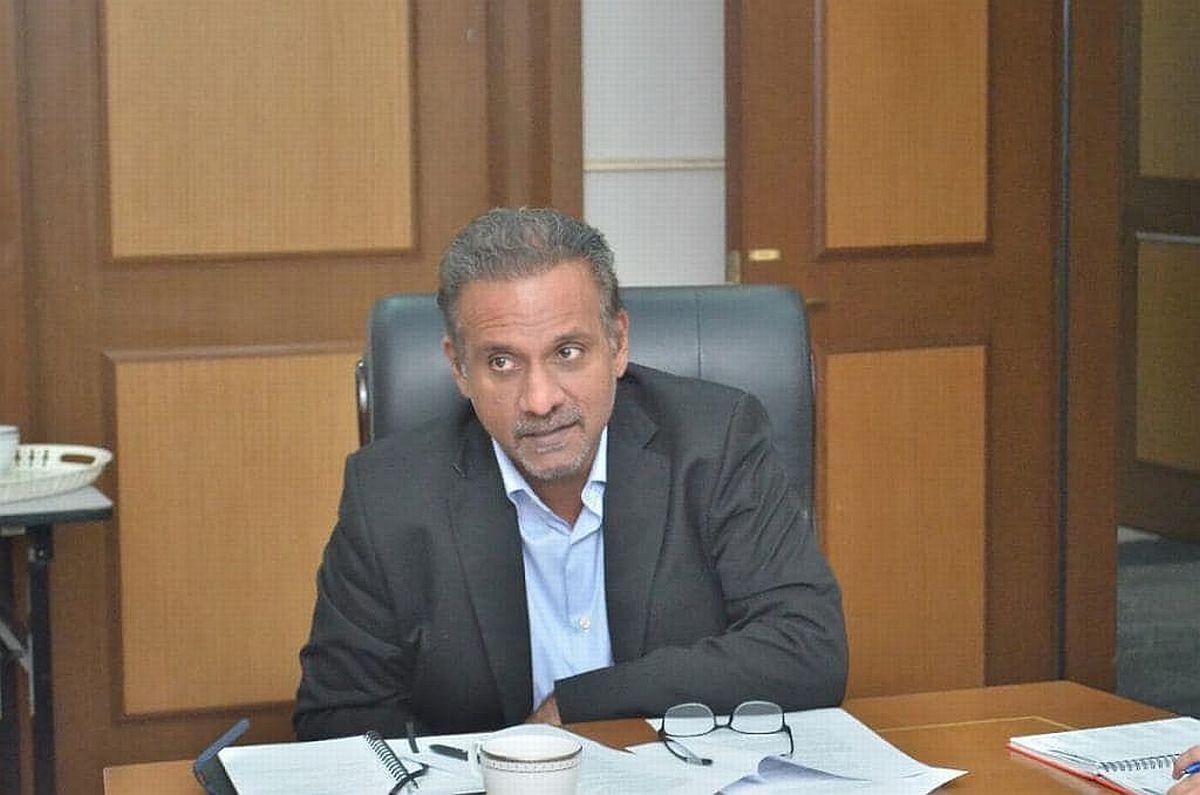KUALA LUMPUR, May 22 – In a historic move, the Dewan Rakyat today has passed a bill to decriminalise attempted suicide, signaling a significant shift in Malaysia’s approach to mental health and the legal treatment of self-harm.
The legislation, which marks a crucial milestone in the country’s legal reforms, aims to address the issue with compassion and prioritise support and intervention rather than punitive measures.
The Penal Code (Amendment) (No. 2) Bill 2023, which primarily proposes the removal of Section 309 of the Penal Code, was passed unanimously in a voice vote. Section 309 punishes attempted suicide with up to one year’s jail, or a fine, or both.
Lawmakers widely recognised the need for a fresh approach to address attempted suicide, although concerns were raised by Opposition MPs regarding the insufficient mitigation measures to support individuals facing emotional distress or contemplating self-harm.
During his winding-up speech on the Penal Code amendment bill, Deputy Minister in the Prime Minister’s Department (Law and Institutional Reform) Ramkarpal Singh underscored the ineffectiveness of existing legislation in tackling the issue.
Ramkarpal highlighted Ministry of Health (MOH) statistics from 2019 on the prevalence of depression among Malaysians aged 16 and above reaching 20.3 per cent, which equates to nearly 500,000 individuals.
He added that, during the peak of the Covid-19 pandemic, distress calls related to mental health issues surged fivefold, with 212,319 calls in 2021 compared to 44,061 calls in 2020, underscoring the escalating need for attention to mental health concerns.
“The reality is that these cases seem to be increasing. This indicates that the original law is ineffective. And because it is ineffective, it is necessary for us to have an effective framework, law, or scheme. We have to have an effective scheme to tackle this obvious problem,” Ramkarpal said.
Several Opposition MPs raised concerns regarding whether the amendment had considered the legal frameworks of other Muslim-majority nations.
Ramkarpal responded by stating that the Attorney General’s Chambers has conducted thorough studies on countries that still criminalise suicide, such as Brunei, Jordan, and the UAE. He further emphasised that Pakistan has already abolished the criminalisation of suicide, serving as an example.
Ramkarpal said engagements with Shariah authorities, including the Federal Territory Mufti Department, were also conducted do to ensure a comprehensive understanding of the decriminalisation of suicide. Notably, Ramkarpal mentioned that the department has expressed no objections to the proposed bill.
The proposed Penal Code (Amendment) (No. 2) Bill 2023 seeks to modify several sections of the existing Penal Code (Act 574), primarily focusing on the removal of the offence of attempting to commit suicide.
Under Clause 2 of the bill, the existing section 305 of Act 574 will be substituted. Currently, this section only criminalises the act of abetting suicide for specific vulnerable individuals, such as children, those with mental illnesses, delirious individuals, persons lacking mental capacity, or those in a state of intoxication. However, the proposed amendment expands the scope by including the abetment of attempted suicide for children or individuals lacking mental capacity as criminal offences.
Similarly, Clause 3 of the bill seeks to substitute the existing section 306 of Act 574. Presently, this section addresses the offence of abetting suicide by any person. With the proposed amendment, the abetment of attempted suicide by any person will also be considered a criminal offence.
In a significant move, Clause 4 of the bill intends to delete section 309 of Act 574, effectively eliminating the offence of attempting to commit suicide. This amendment marks the removal of attempted suicide as a criminal offence under Act 574.
These proposed amendments reflect a shift in the legal framework, decriminalising the act of attempted suicide and aligning it with evolving societal perspectives on mental health and wellbeing.
The bill emphasises the need for a more compassionate approach to individuals who experience emotional distress and highlights the importance of providing appropriate support and intervention rather than punitive measures.








